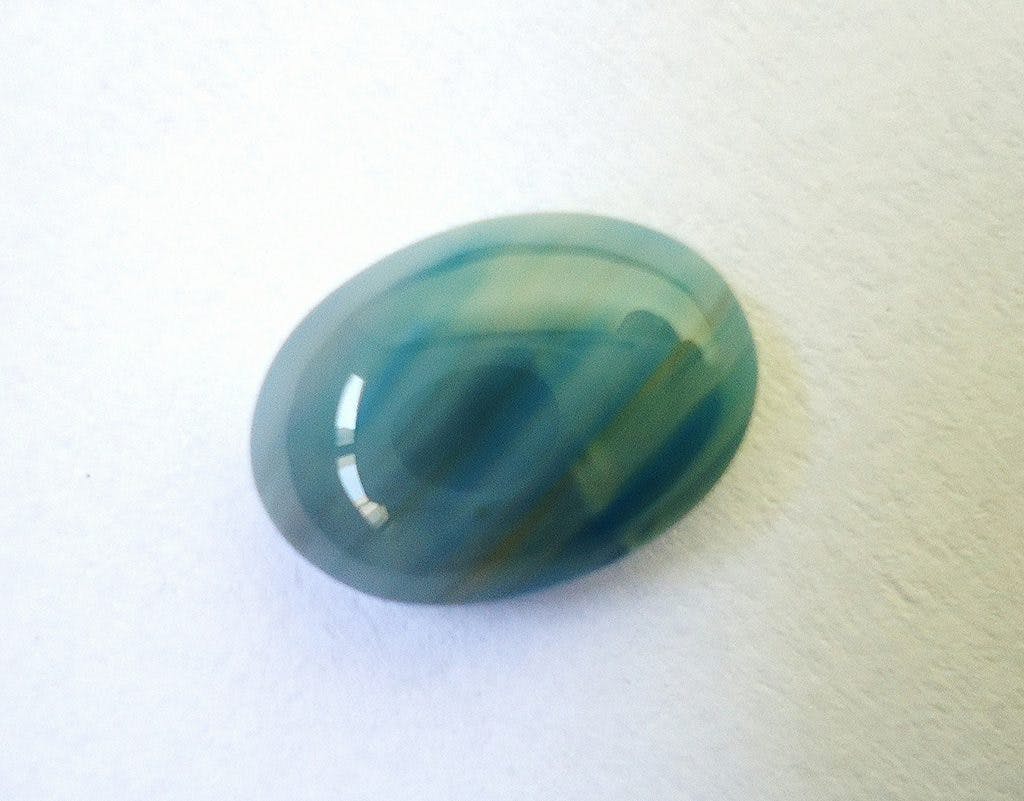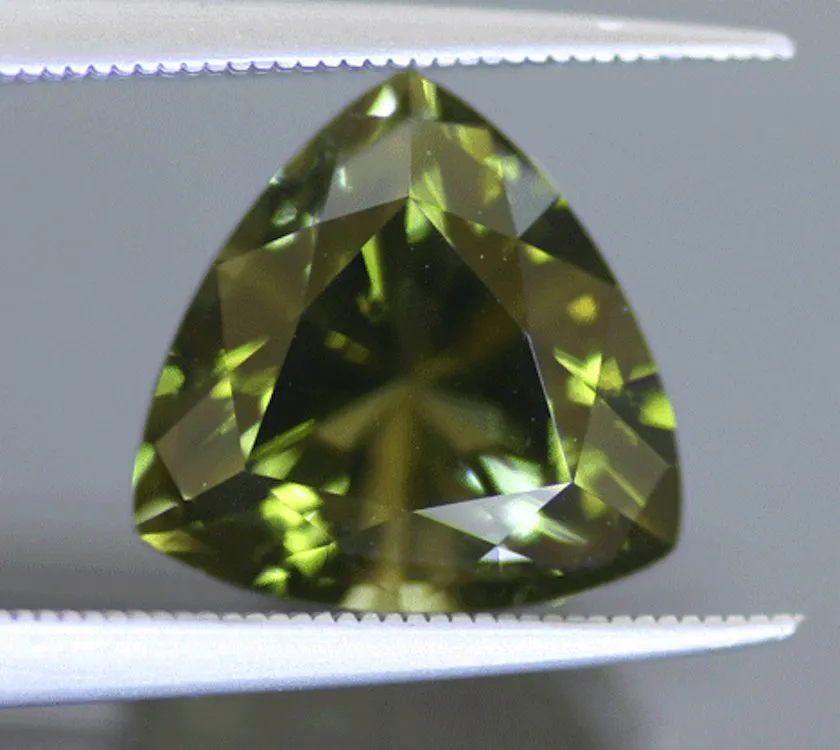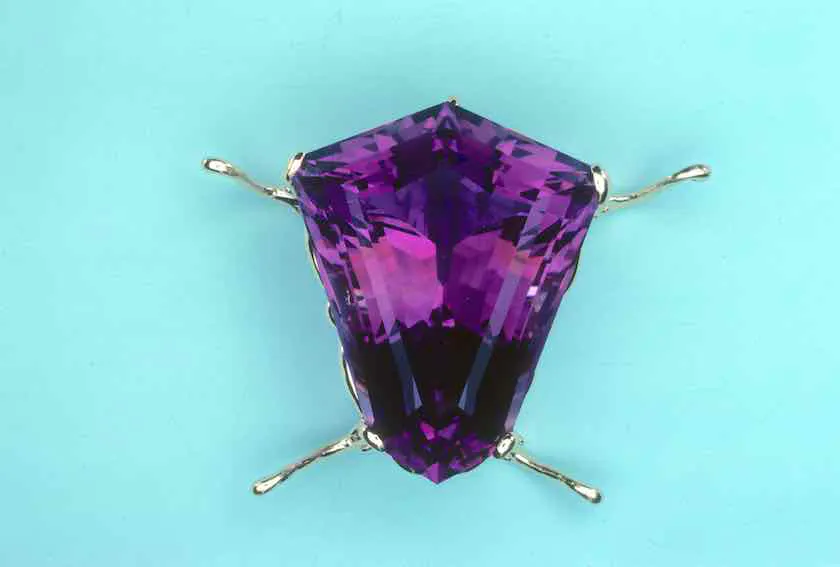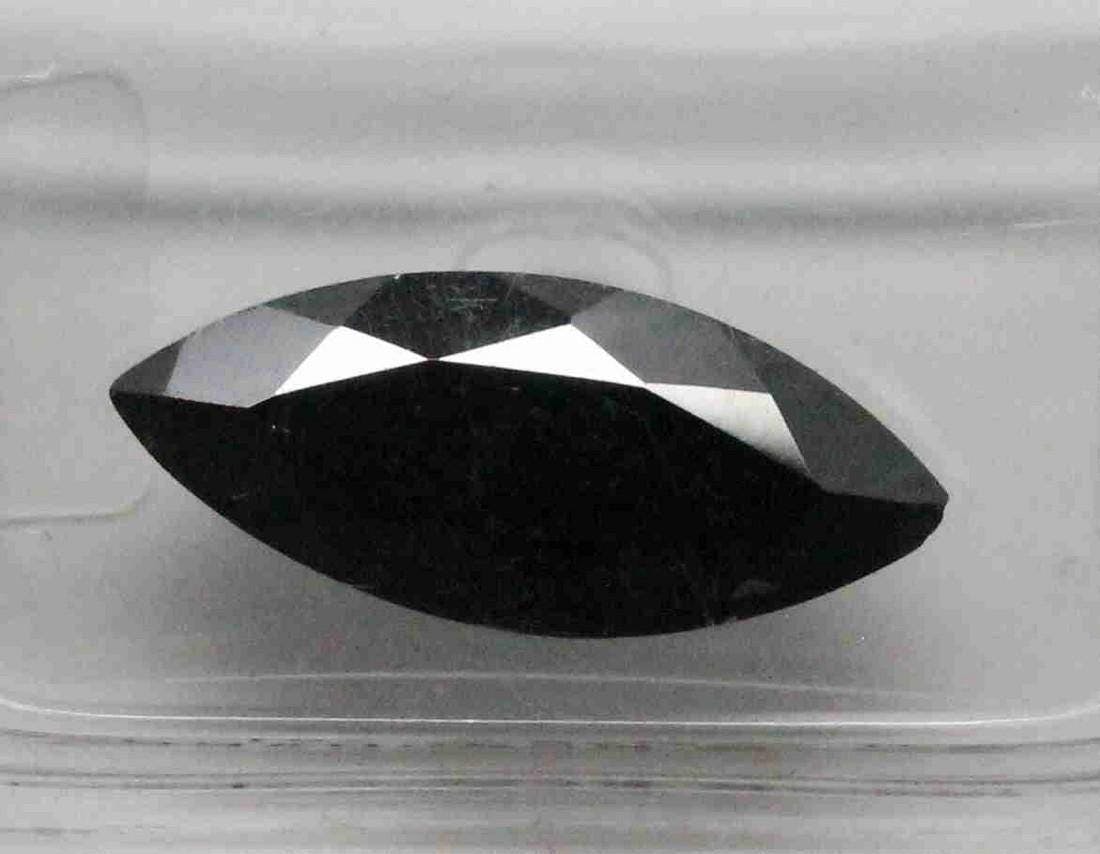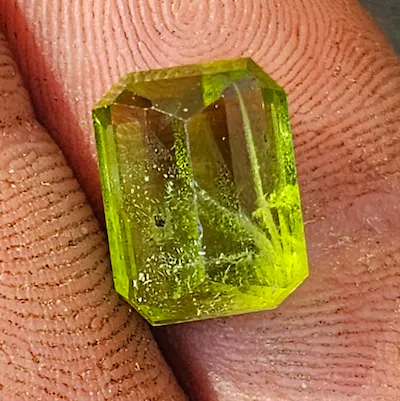Information about Diamonds, Information about Garnets, Information about Gemstone Necklaces, Information about Jade, Information about Ruby, Information about Sapphire, News
Understanding the Four Types of Values in Gem Appraisal
In the realm of gem appraisal, comprehending the four distinct types of values holds paramount importance. The pricing of a gem hinges on the appraisal method employed, and herein lie the critical distinctions among the original value, insurance or replacement value, fair market value or estate value, and liquidation or scrap value. Each of these values delineates a specific facet of the gem’s financial worth, encompassing its initial purchase price, the expense for replacement, the practical market selling rate, and the value if the item were to be promptly liquidated.
For meticulous and equitable gem and jewelry evaluations, it is imperative to consider all these value categories. At Melogems, we emphasize the holistic understanding of these appraisal values, ensuring precise and just assessments for all our clients. Explore our expertise to gain insights into the multifaceted world of gem values and make informed decisions about your precious investments.
Understanding the Four Types of Values in Gem Appraisal
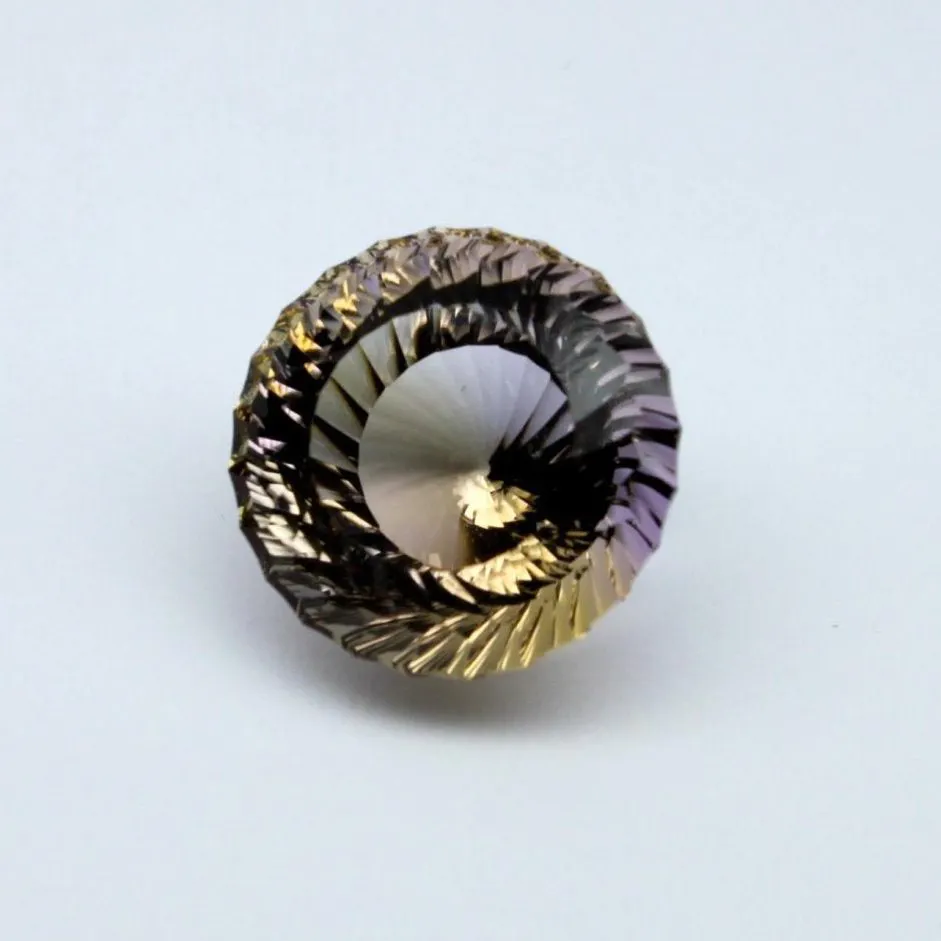
Introduction
When it comes to appraising gemstones and jewelry, understanding the different types of values is crucial. The price of a gem can vary depending on the type of appraisal conducted, and there are four main types of values to consider. In this article, we will explore each of these values in detail, helping you gain a comprehensive understanding of how they impact the appraisal process.
Definition of Value
Before diving into the different types of values, let’s establish a clear definition of value in the context of gem appraisal. Traditionally, value is defined as the price that a willing seller and knowledgeable buyer can agree upon. It is important to note that a willing seller is someone who is not under pressure to sell quickly and is free from any form of duress. On the other hand, a knowledgeable buyer is someone who is well-informed about the gem they are purchasing, including any treatments and accurate descriptions.
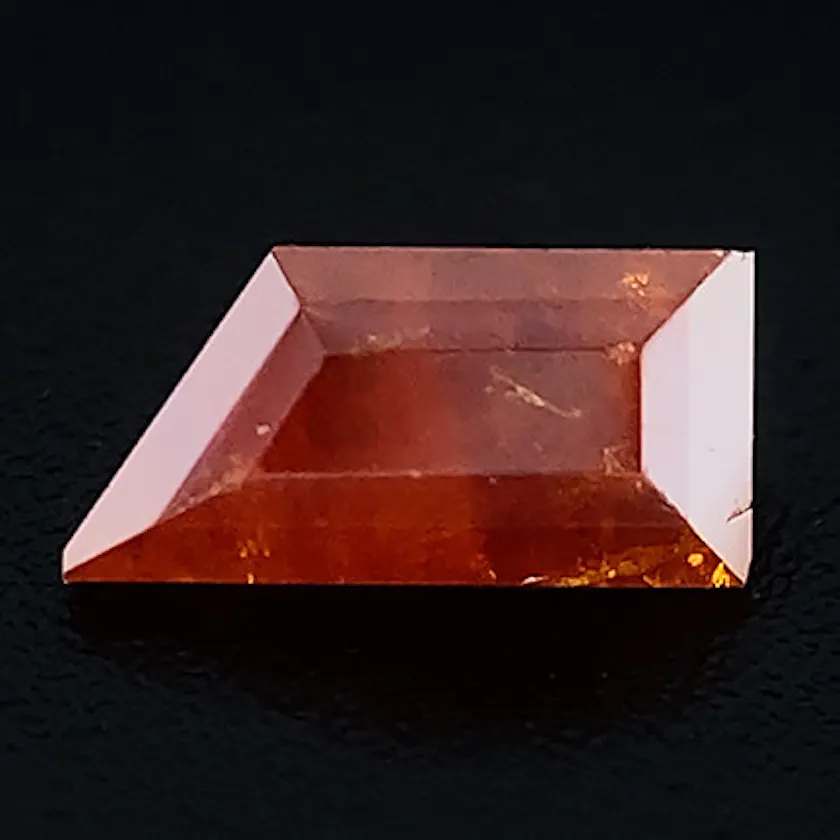
Types of Values in Jewelry and Gem Appraisal
Now that we have a clear understanding of the definition of value, let’s explore the four different types of values commonly used in gem and jewelry appraisal.
Original Value
The first type of value to consider is the original value. This refers to the price of the gem at the time of sale. It is the initial value assigned to the gemstone or piece of jewelry when it enters the market. The original value can be influenced by various factors, such as trends, scarcity, and demand.
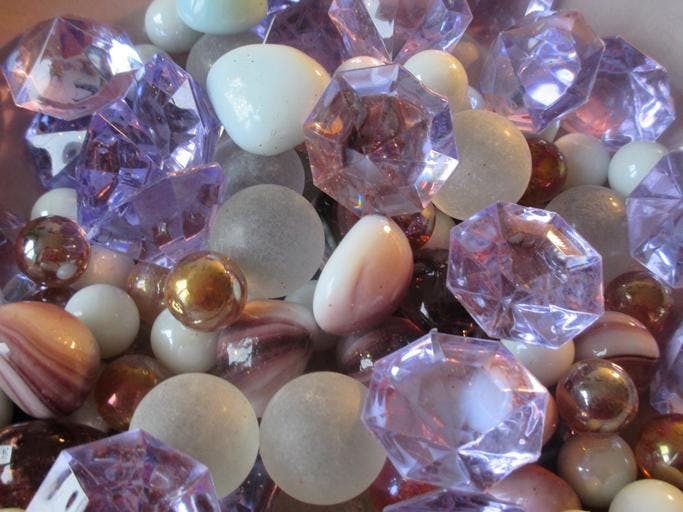
Insurance or Replacement Value
The second type of value is the insurance or replacement value. This value represents the cost that would be necessary to replace the appraised item, taking into consideration any wear and defects. In the event of loss, theft, or damage, insurance companies use this value as a benchmark to provide appropriate coverage for the insured item. It is important to note that the insurance or replacement value may differ from the original value due to factors like market fluctuations and the cost of materials.
Fair Market Value or Estate Value
The fair market value, also known as the estate value, represents a realistic price at which the appraised gem or jewelry item could be sold on the open market. This value takes into account various factors, including supply and demand dynamics, current market conditions, and the overall condition of the item. The fair market value is an important consideration for estate planning, taxes, and legal transactions.
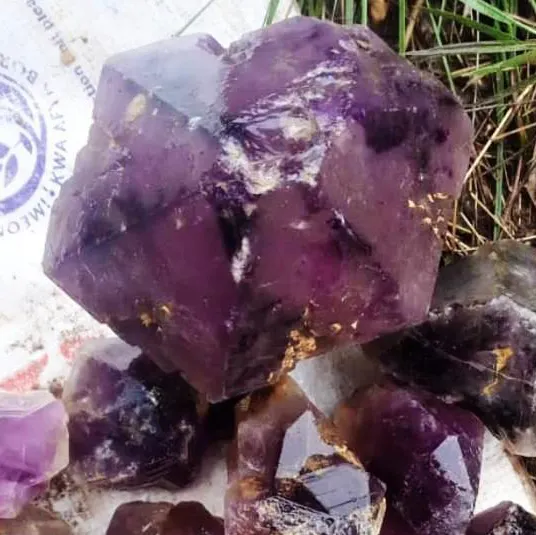
Liquidation or Scrap Value
The final type of value to consider is the liquidation or scrap value. This value represents the amount that could be obtained if the gem or jewelry item were sold quickly, without waiting for an auction or conducting extensive research. The liquidation value typically takes into account the intrinsic value of the materials used in the item, such as the metal in a piece of jewelry or the weight of a gemstone.
Cash Value Insurance
While not as commonly used, cash value insurance is worth mentioning as an alternative to replacement value. This type of insurance coverage provides the policyholder with the cash value of the item in the event of a covered loss. Cash value insurance is typically more expensive than traditional replacement value insurance and may not be offered by all insurance companies. It is important to carefully consider the terms and conditions of any insurance policies before making a decision.
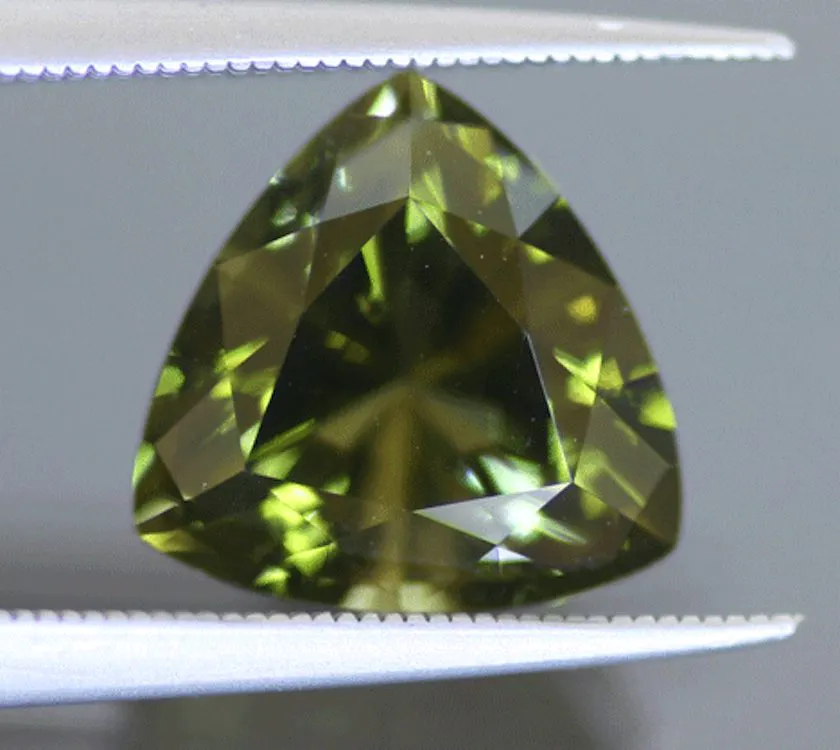
Conflicts of Interest in Value Determination
When determining the value of a gem or piece of jewelry, conflicts of interest can sometimes arise. One common example is when insurance companies influence the definition and determination of fair replacement value. Insurance companies may use their own guidelines and criteria, which can differ from industry standards. As a consumer, it is essential to be aware of these potential conflicts and work with a reputable appraiser who can provide an unbiased and accurate assessment.
Considerations in Gem and Jewelry Appraisal
In conclusion, understanding the different types of values in gem and jewelry appraisal is essential for both buyers and sellers. Whether you are looking to insure your precious gems or determine the value of an estate, considering original value, insurance or replacement value, fair market value, and liquidation or scrap value is vital. Additionally, it is crucial to be aware of conflicts of interest that may impact the determination of value and to seek out reputable appraisers who can provide objective and accurate assessments. By taking these considerations into account, you can ensure a fair and informed appraisal process for your gemstones and jewelry.

